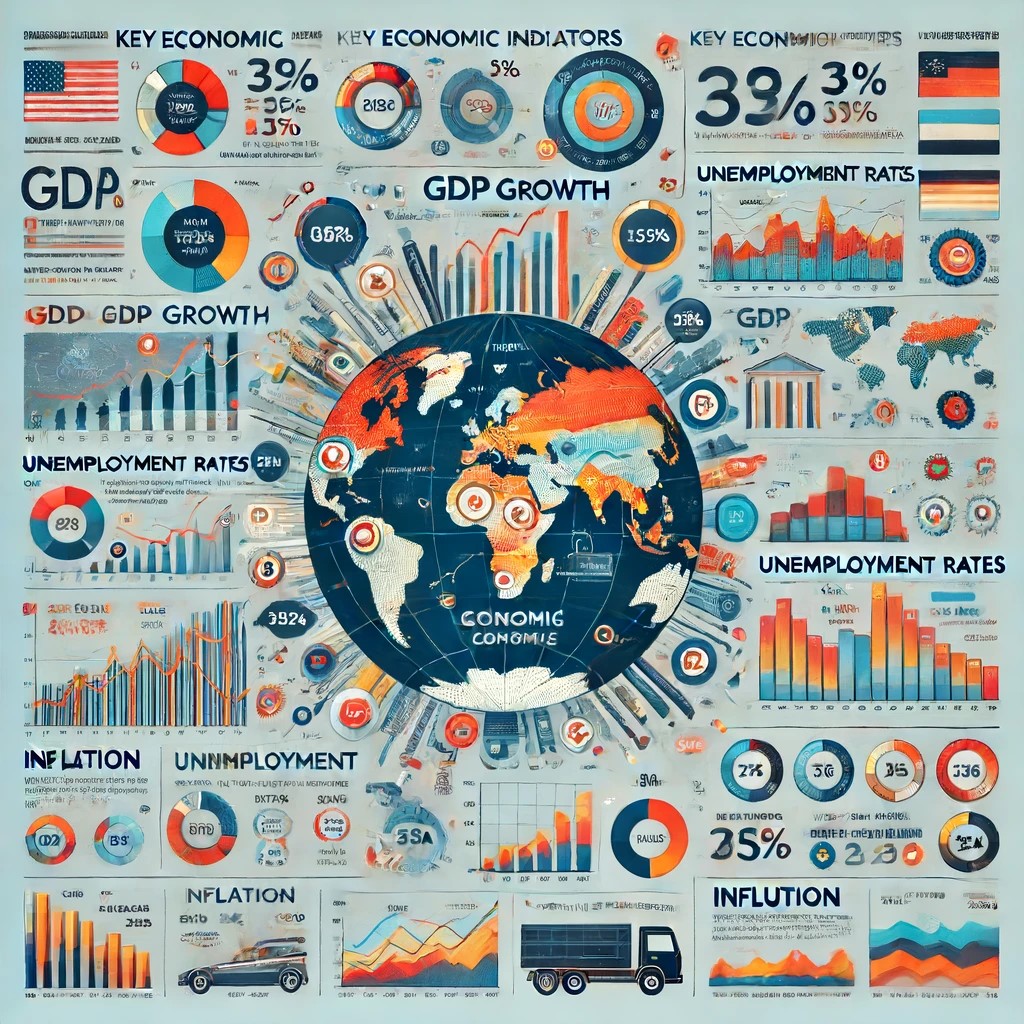Financial Strategies for Individuals Facing Economic Uncertainty
Economic uncertainty is an inevitable part of life, whether it stems from global financial crises, political instability, or unforeseen personal circumstances. For individuals, navigating these turbulent times requires thoughtful financial strategies to safeguard their assets and ensure long-term stability. This article explores current trends in financial planning and provides future-oriented strategies to help individuals weather economic uncertainties.

Current Trends in Financial Planning
In recent years, several trends have emerged in personal financial planning, driven by advancements in technology, changing economic conditions, and evolving consumer behaviors. One significant trend is the increasing reliance on digital financial tools and platforms. From budgeting apps to robo-advisors, these tools offer individuals accessible and efficient ways to manage their finances, track spending, and make informed investment decisions.
Another trend is the growing emphasis on financial literacy. With economic volatility becoming more common, there is a heightened awareness of the need for financial education. Individuals are seeking out resources to better understand personal finance, including online courses, workshops, and financial counseling services. This shift towards greater financial literacy empowers people to make smarter financial decisions and prepares them for economic uncertainties.
Financial Strategies for the Future
To effectively navigate economic uncertainty, individuals should consider implementing a range of financial strategies. Here are some key approaches:

Diversification of Investments:
Diversifying investments is a fundamental strategy for mitigating risk. By spreading investments across various asset classes—such as stocks, bonds, real estate, and commodities—individuals can reduce the impact of market volatility on their portfolio. Diversification ensures that not all assets are affected by the same economic factors, providing a more stable return over time.
Adopting a Conservative Spending Approach:
During periods of economic uncertainty, it is wise to adopt a conservative spending approach. This involves prioritizing essential expenses, cutting back on discretionary spending, and avoiding unnecessary debt. Creating a detailed budget and sticking to it can help individuals maintain financial discipline and avoid overspending.
Investing in Continuous Learning and Skills Development:
Economic uncertainty often brings about changes in the job market. Investing in continuous learning and skills development can enhance job security and open up new career opportunities. By staying adaptable and acquiring new skills, individuals can increase their employability and resilience in the face of economic shifts.

Seeking Professional Financial Advice:
Consulting with a financial advisor can provide valuable insights and personalized strategies tailored to individual circumstances. Financial advisors can help individuals assess their risk tolerance, develop a comprehensive financial plan, and make informed investment decisions. Professional guidance is especially beneficial during uncertain times when market conditions are unpredictable.
Conclusion
Economic uncertainty is a challenge that requires proactive and strategic financial planning. By embracing current trends such as digital financial tools and financial literacy, and implementing future-oriented strategies like diversification, emergency savings, conservative spending, continuous learning, professional advice, and alternative income streams, individuals can navigate economic uncertainties with confidence. These strategies not only protect financial well-being but also position individuals for long-term success and resilience in an ever-changing economic landscape.






